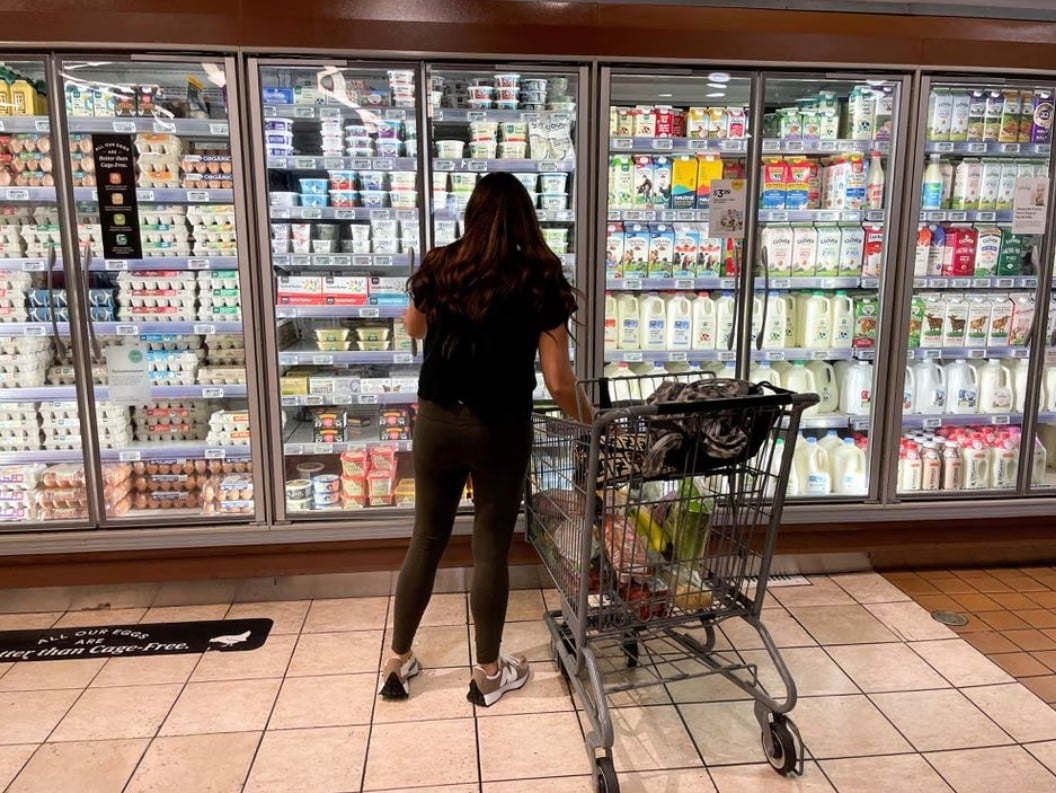The Consumer Protection Service reported price increases in 32 out of 45 categories of consumer products for the month of July. The average increase on the previous month was 1.21 per cent, with most price rises affecting foodstuff. The rate of inflation for foodstuff, from January to June of this year, was at 8.9 per cent, compared to the corresponding period of 2022 said the service.
This could not have come as a surprise to anyone as the higher prices are experienced by everyone who goes shopping. We have been in an inflationary period for about two years now, which is made worse in the peak tourist season because of higher demand for foodstuff, especially vegetables, which according to the service recorded increases of 25.3 per cent; the extremely hot weather may have reduced supply as well.
The latest price increases provided more ammunition for Akel’s ongoing campaign for state intervention, to ease the burden on the people whose disposable income has been reduced by inflation. Traditionally, champions of state intervention in the market, Akel has been demanding the reintroduction of the state subsidy of electricity bills and tax cut on fuel to help people cope. Its leader, Stefanos Stefanou has also spoken about cutting interest rates on the loans of small businesses and low-income households.
This type of populism has been encouraged by the finance minister, Makis Keravnos who seems to call on the banks at every opportunity not to increase interest rates. On Monday he said he would have another round of meetings with bank CEOs to try to persuade them not to increase interest rates again. He also argued that Cyprus did not need higher interest rates because at the end of June the inflation rate was just 2.4 per cent. And high interest rates could not tackle inflation, as the persistence of high inflation rates in many European countries showed, he said.
Is the finance minister not aware that high interest rates have an effect on inflation over time and do not stop prices increases in a few months. The ECB has said this on countless occasions. As for Cyprus’ relatively low rate, it could increase once interest rates are lowered because this could boost demand. There is also another issue that Keravnos seems to ignore. Cyprus is in the eurozone and cannot have its own monetary policy but needs to follow the directives of the ECB, which has made the control of inflation its number one priority – hence the continuous increase in interest rates.
Nobody likes this situation, especially at a time of high prices, but the state intervention advocated by Akel and embraced by the finance minister will not fix things. On the contrary, it could fuel another surge in prices in the near future. State intervention in the market might be well-intentioned but it always has undesirable results.







Click here to change your cookie preferences